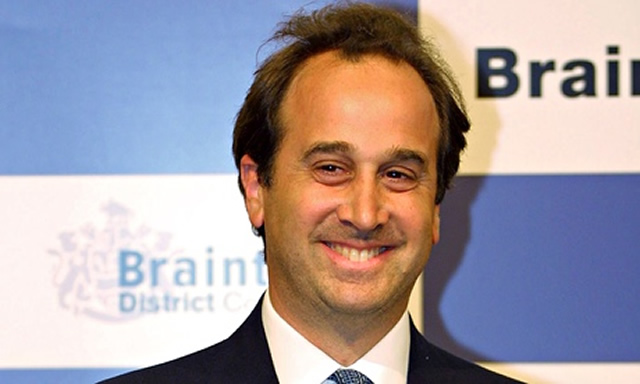Editorial Comment: Lack of funding hampers Zim’s progress

 THE continued denial of private sector access to lines of credit by international financers not only exposes their skewed stance against Zimbabwe but works against the very same global economic imperatives these Bretton Woods Institutions purport to uphold.While the government owes international creditors about $6,9 billion and $2,5 billion to the International Monetary Fund (IMF), we feel the blocking of private sector financing for a member country cannot go unchallenged.
THE continued denial of private sector access to lines of credit by international financers not only exposes their skewed stance against Zimbabwe but works against the very same global economic imperatives these Bretton Woods Institutions purport to uphold.While the government owes international creditors about $6,9 billion and $2,5 billion to the International Monetary Fund (IMF), we feel the blocking of private sector financing for a member country cannot go unchallenged.
In the context of the illegal economic sanctions imposed on the country by the United States and its Western allies, the attitude of the World Bank and the International Finance Corporation (IFC), a private sector unit of IMF, towards industry, which is not under sanctions, has come under spotlight.
On Friday we reported President Mugabe’s bold call during last week’s United Nations General Assembly in New York, for a quick democratic reform of these international finance bodies.
The President said the legitimacy of the IMF and the World Bank financial architecture was presently questionable as it lacked the full voice and participation of developing countries.
He said achieving the post-2015 Development Agenda, a UN-led process aimed at defining the future global development framework to succeed the Millennium Development Goals (MDGs), the set of eight global development targets that come to an end next year, was not possible in a Western and US dominated global finance system.
“To support the implementation of the post-2015 Development Agenda, we call for expeditious reform of the Bretton Woods Institutions, particularly their governance structures. It is high time that we addressed the democratic deficit in these institutions and improve their legitimacy,” said President Mugabe.
“These reforms must reflect current realities and ensure the full voice and participation of developing countries in their decision-making and norm-setting.”
Finance and Economic Development Minister Patrick Chinamasa also tackled the issue in a no holds barred meeting with IMF head of mission to Zimbabwe Domeico Fanizza last Tuesday.
“I can understand the standoff that government cannot access fresh money from the IMF, the World Bank and AfDB, as is currently the position.
“But the private sector is not under sanctions, it’s not guilty and so I don’t understand the continuing isolation by IFC in refusing to support the (Zimbabwe) private sector,” said Chinamasa.
Fanizza, who is in the country on a staff monitoring programme, was mum on the issue and only got away with it by saying IFC was a separate arm of IMF, claiming he had no authority to comment on their behalf as to why they were not supporting manufacturing industry.
An estimated $8 billion is required to recapitalise and boost industrial production, key to meaningful economic growth.
Zimbabwean companies, meanwhile, continue to lose funds to the US State Department’s Office of Foreign Assets Control that has been intercepting revenue accruing to Zimbabwean companies, most of whom are reeling from sanctions-induced hardships.
We view the international financers’ stance as punitive against the generality of ordinary Zimbabweans who continue to suffer the effects of such economic embargoes.
While others are fighting to end poverty, Zimbabwe remains in a battle for survival against a ruinous economic sanctions regime that has had deleterious effects on the government’s attempts to achieve the MDGs.
The sanctions are estimated to have cost Zimbabwe over $42 billion in revenue, shrinking the economy by over 40 percent with devastating effects on livelihoods and jobs over the past 14 years.
The United States and its European allies maintain sole control of the leadership of the IMF and the World Bank with Europe choosing the former while the US fills the latter.
The United States has been able to compel its executive directors to all multi-lateral lending institutions to vote against the extension of lines of credit to Zimbabwe in line with the sanctions law now called the Zimbabwe Transition to Democracy and Economic Recovery Act.
The government has set itself locally conditioned targets aimed at revitalising the economy and creating thousands of jobs under its Zim-Asset blueprint.
Lack of financing in the wake of reduced foreign direct investment has hampered progress given the continued hostility of global finance houses.
We support the view that democratisation of the Bretton Woods institutions will increase developing countries’ funding benefits and quicken growth of their economic pace.
With enough funding the expansion of Zimbabwe’s industrial base through beneficiation and value-addition of diverse natural resources is possible.










Comments